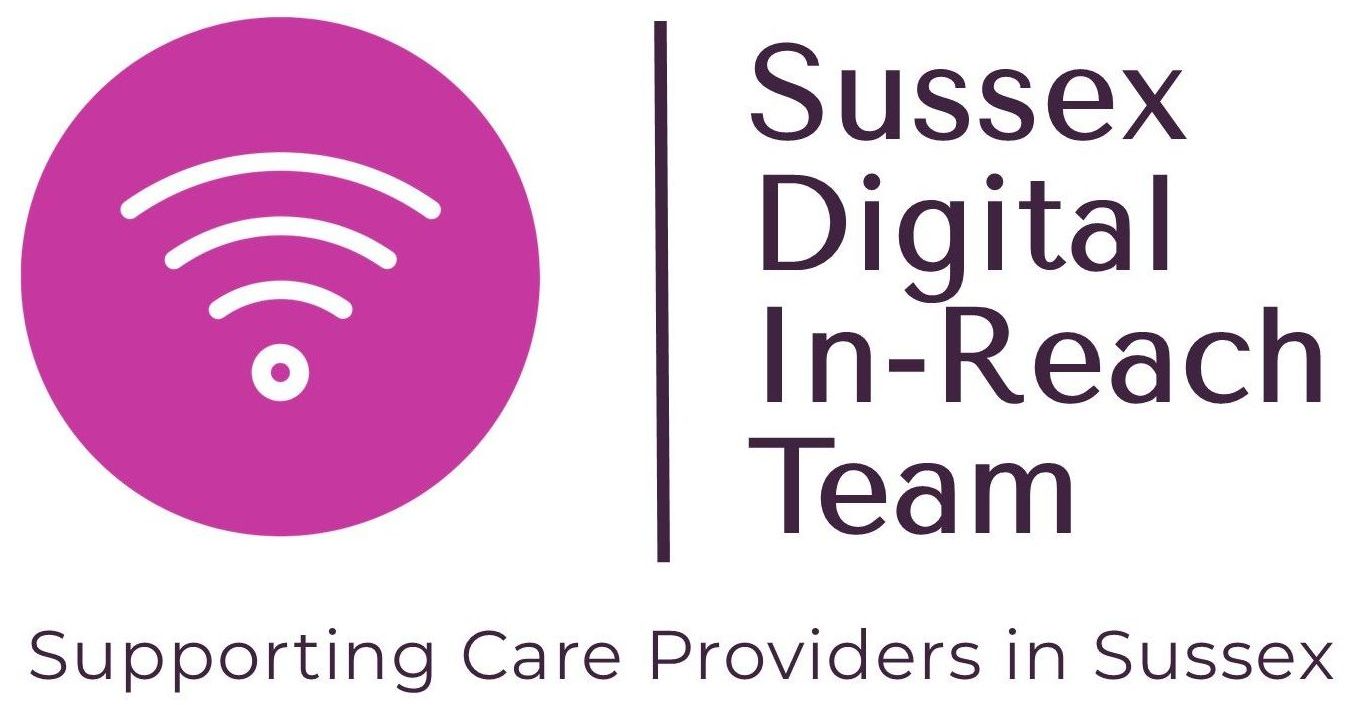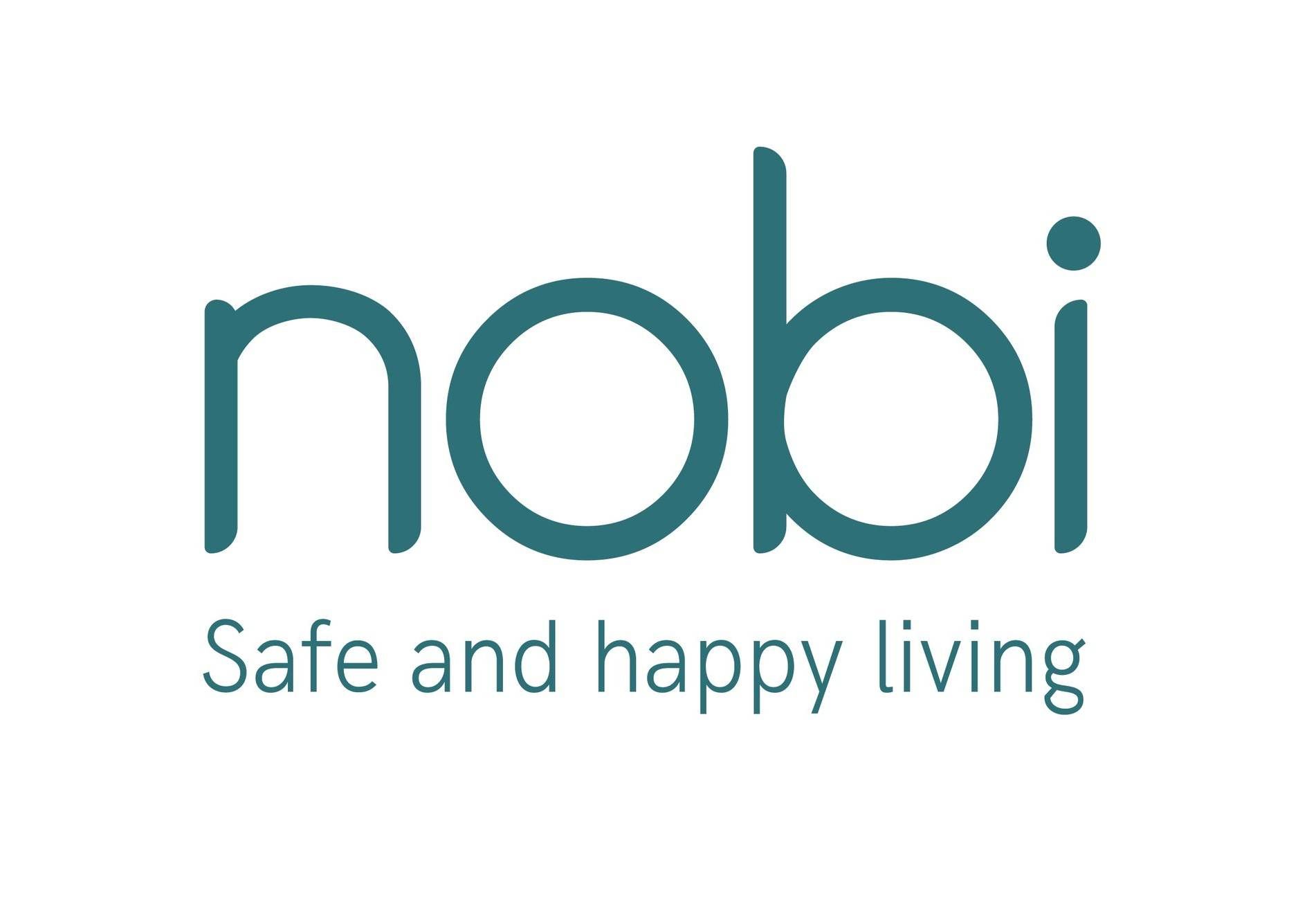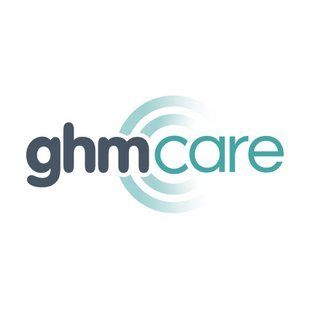Falling is one of the most frequent and serious injuries for those aged 65 and over, with 50% of people over 80 suffering a fall each year.
Preventing and reducing falls is not easy.
To manage falls effectively, we need to be thinking about multidomain interventions tailored to individual’s risks factors and engaging people’s beliefs, attitudes and priorities about falls.






